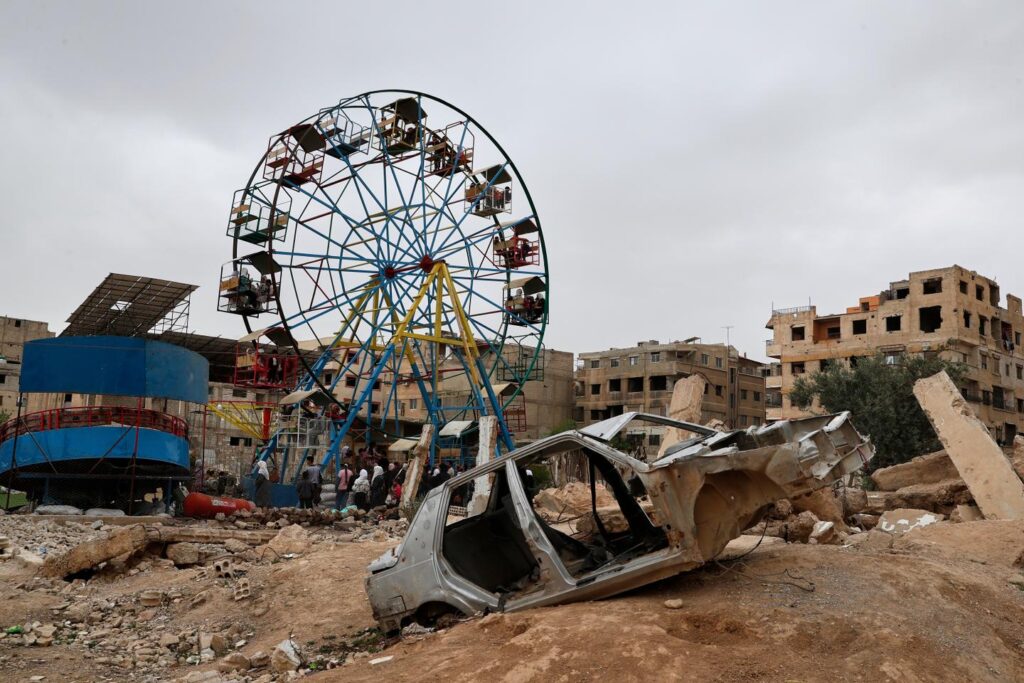UN morning this month of March, before an appointment in the old town of Damascus, I come across a young boy in a dozen years old, accompanied by an adult. He asks me for money to eat. Mistrust is very present, as the stories of children exploited by criminal networks for begging are known. But I can’t help but respond to distress in her gaze. I hold him a few 5,000 pounds Syrian pounds, the equivalent of a few euros, enough to buy bread for a few days for a family. I observe it a few moments after giving him the money. He resumes his way by affectionately taking the hand of the adult, who can only be his father. Never before I have witnessed such a scene in Syria. I imagine the pain of this father, forced to see his child begging for his own survival.
This scene is now extremely banality in Syria. The relief caused by the fall of the “Damascus butcher”, the joy felt by many Syrians, especially the exiles of which I was part, should not hide this painful reality: the country is in agony.
Bashar al-Assad destroyed and burned everything that could be, looted the reserves of the Central Bank before fleeing in Russia. The essential infrastructures are completely dysfunctional, even non -existent. Electricity is only available a few hours a day, water a few hours a week. Some old rebel localities are destroyed to such a point that a rehabilitation seems impossible. Schools and hospitals, when they are not destroyed, lack everything, and personnel and qualified executives.
Along the road to the Druze province of Souweida, the cables of the high -voltage lines were stolen by various militias, and the trees slaughtered to serve as firewood. Global warming accelerates the advance of the desert, a perceptible phenomenon for those who know the region well. The drought that rages this year prevents the arrival of spring and its beauty. The rare farmers and breeders remain, or try to relaunch their activity, may not survive this season. This situation increases threats to a population already experienced by a ruined economy. Poverty is omnipresent, it can be read on the faces of men and women exhausted by years of war.
You have 63.79% of this article to read. The rest is reserved for subscribers.


